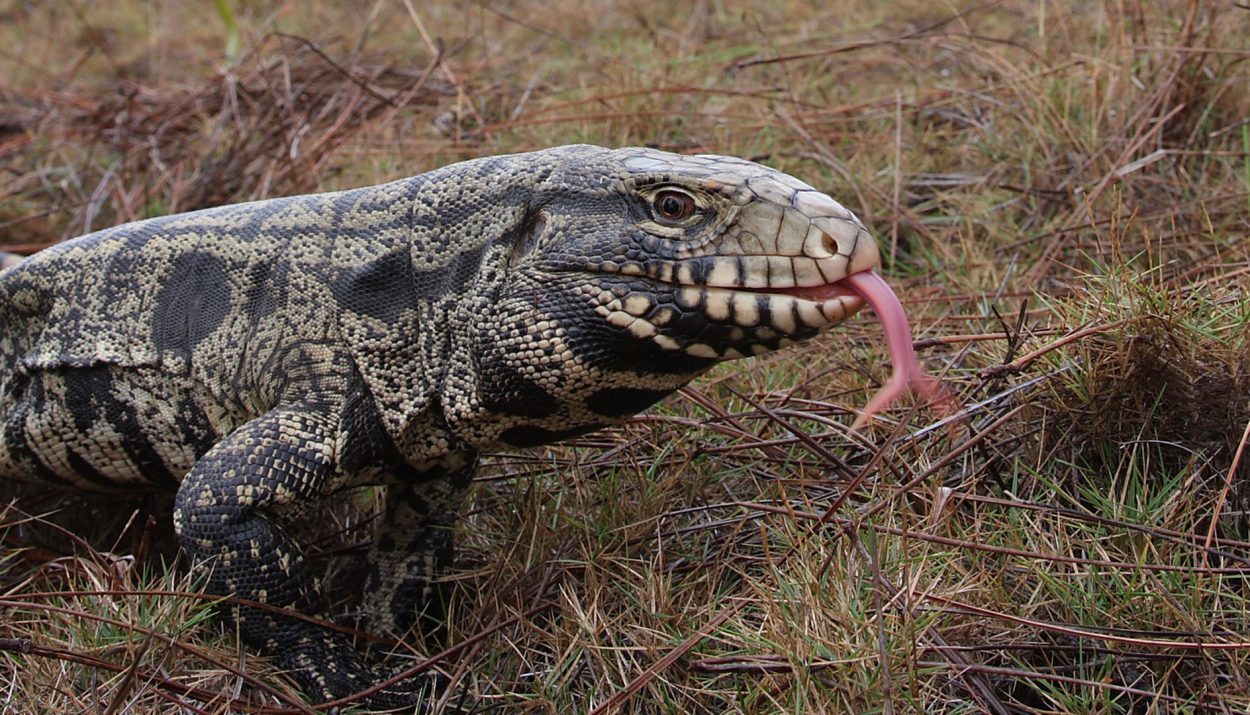The South American Tegu is a lizard that can grow up to four feet long and weighs up to ten pounds. It’s native to Argentina, Brazil, Paraguay, and other South American countries, but has been making headlines recently as an invasive population has become a problem in the United States. Specifically, South Carolina.
Incredibly Intelligent Lizards
Tegus are incredibly intelligent lizards that are sometimes sold as pets in the United States. They are notable for their ability to be housebroken, and the fact that they are an omnivorous species. They fill a similar economic niche as monitor lizards, though they hold no ecological relation.
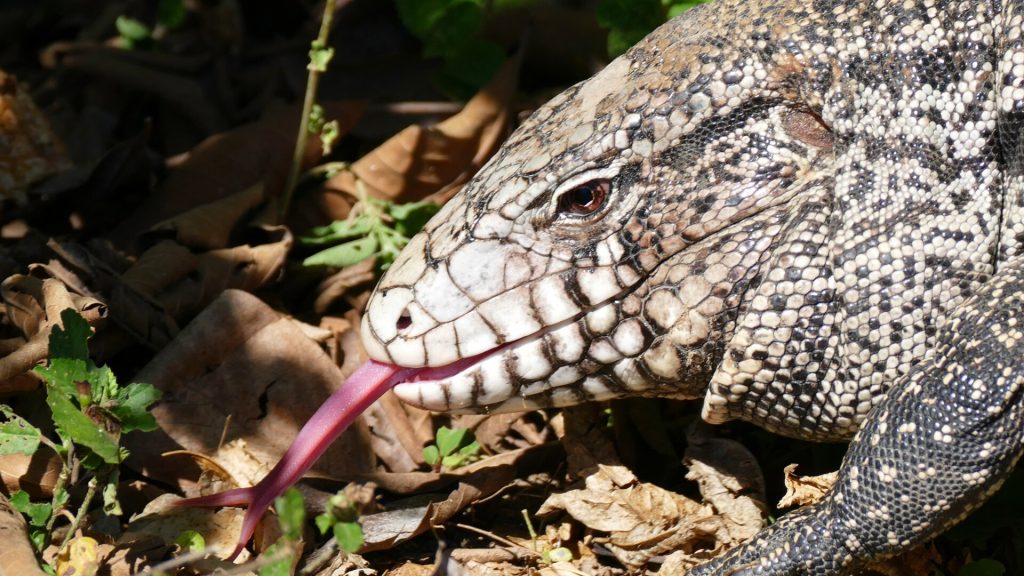
Tegus are a nonissue species, in their native habitat. Their conservation status is listed as a “least concern” species with the International Union of Conservation of nature, but in the United States, a growing population of tegus has become a serious problem after a rash of pet sales in the early 2000’s.
Incredibly Enormous Lizards
Tegus can live up to 20 years and females can lay up to 36 eggs per year. This prolific birthing rate has created a significant problem in states like Florida, where pet Tegus have, in the past, been released once they grew beyond their owner’s expected size.
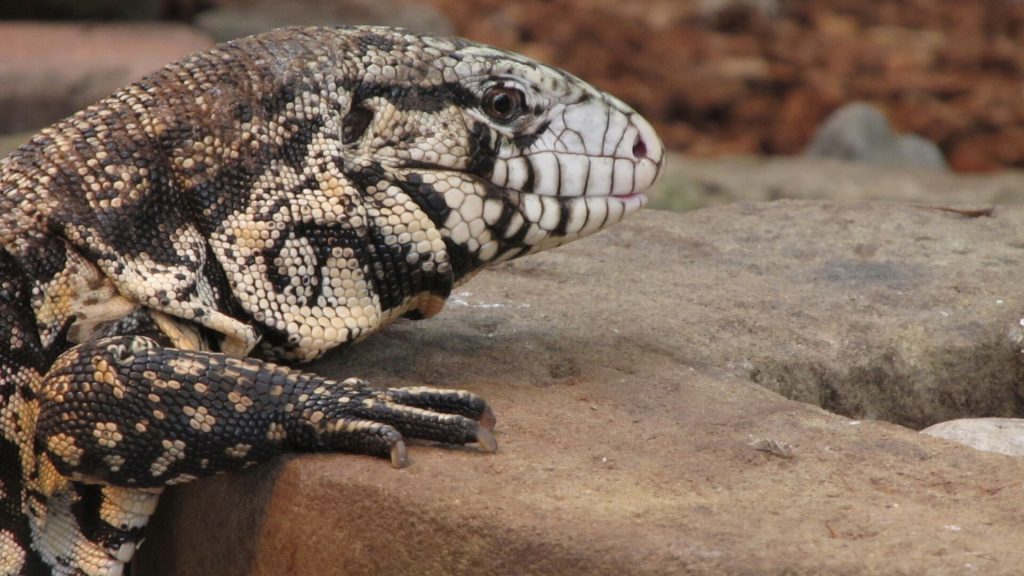
South Carolina is starting to see a rise in this same problem, though. The tegu, which grows larger than most dogs and can even rival the size of some small alligators, has been spotted in 14 of 46 counties in South Carolina and has officials on high alert.
Multiple Sightings on the Southeast Coast
A statement released by the South Carolina Department of Natural Resources revealed that there have been 24 confirmed sightings of the black and white Tegu in South Carolina, as well as 2 sightings of the red Tegu. They’re encouraging the public to report any sighting online, and have assured South Caronlinians that they’ll be kept up to date about the issue.
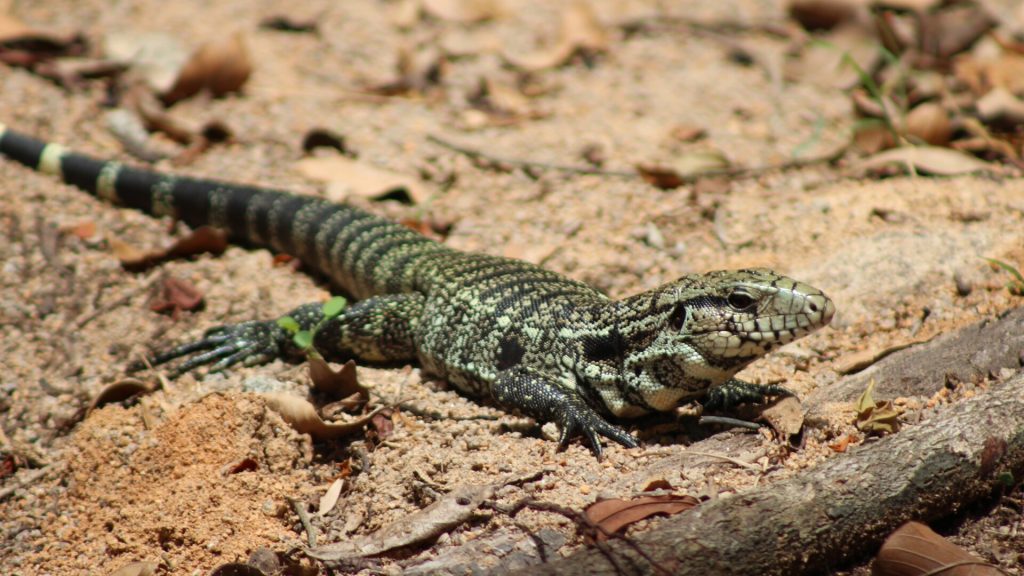
This is not the beginning, or even the first sighting of this issue in South Carolina. Because Tegus are used to the tropical temperatures of South America, they tend to do well in the moderate temperatures that are found in the southeastern United States. Tegus have been seen in Florida and Georgia as well, going back more than a decade.
New Laws In Place for the Lizards
The problem of owners releasing Tegus once they grew beyond a certain size is also not a new issue. It’s become such a problem that in 2021, South Carolina instituted a law that required owners of Tegus to chip them, in case they ever got out of the house.
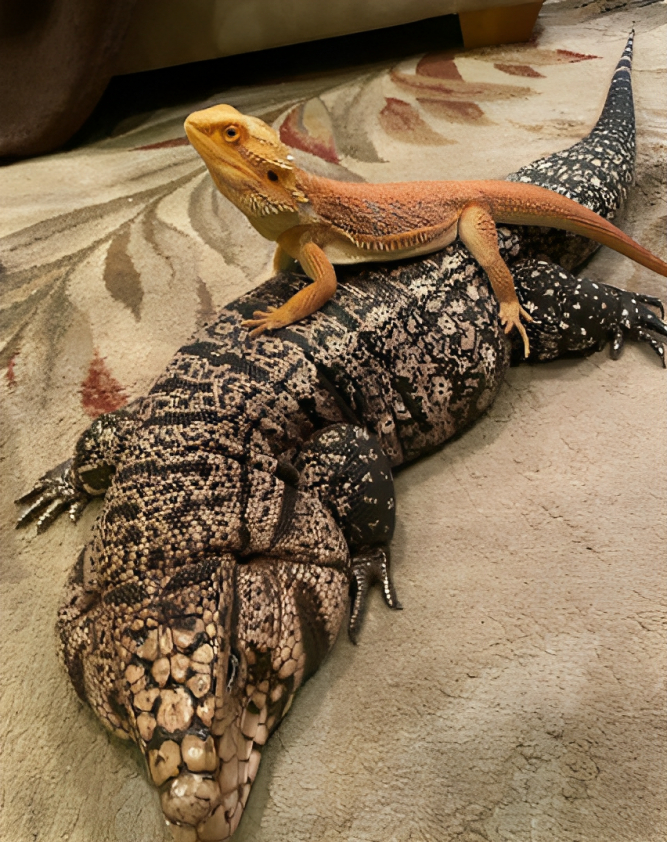
South Carolina has also followed the examples of states like Georgia and Alabama, and has banned the new sale and purchase of Tegus in the state, in order to try to clamp down on the invasive species problem. Florida has gone one step further, allowing residents to humanely kill Tegus if they’re found on a resident’s property, but South Carolina hasn’t gone that far yet.
Ways of Addressing the Issue
Georgia has taken a different tack with the Tegu problem, and has created a program that captures Tegus in the wild, and then offers them back to reptile enthusiasts as pets. The goal of this program is to address the wild population issue, while still allowing individuals to exercise their freedoms regarding animal companionship.
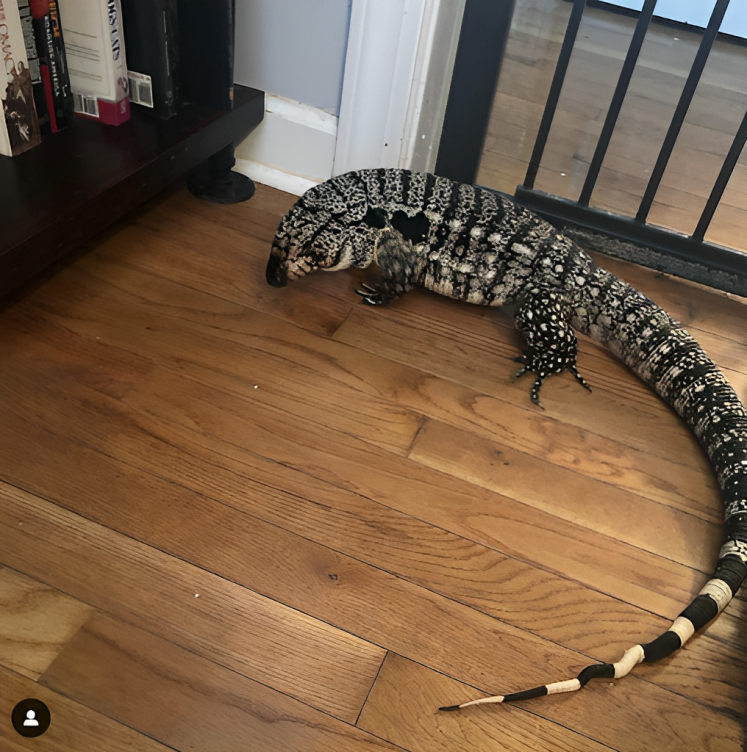
The issue of Tegus in the wild is a multi-layered problem. The prolific nature of Tegus and the length of their lives are only one part of the problem. Tegus, in their natural habitat, are omnivorous and eat many different foods, including lizards and eggs of wild birds. This can be problematic in the United States, challenging a delicately balanced ecosystem. They also carry salmonella, creating a potential public health crisis.
Online Outrage
Residents of states where the Tegu is invading are understandably upset about the new wildlife issue. Not only are the lizards imported from another country, but the entire reason that they’ve become a wildlife issue is due to irresponsible pet owners. They pose a significant ecological issue, one that could have easily been avoided.
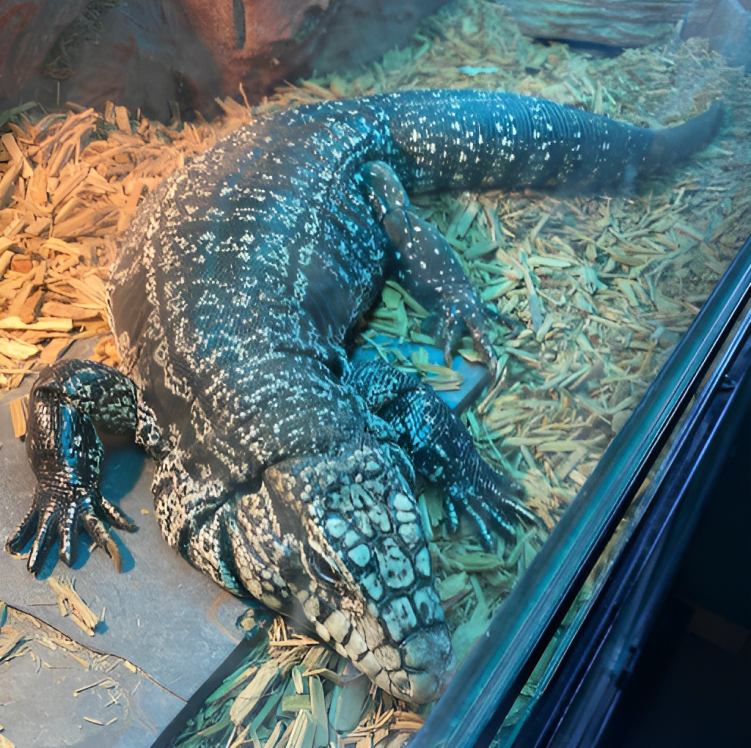
Public comments regarding the issue are wide-ranging, with some frustrated that more isn’t being done about the problem at a base level. Some want the reptiles banned nationwide, and some think that further steps should be taken to eradicate the Tegus from the wild altogether.
Not the Tegus Fault, But Something Must Be Done
The outrage towards these lizards is understandable. Irresponsible individuals releasing animals into the wild is something to be deeply concerned about, especially animals that have been imported from other countries. While it isn’t the animal’s fault, something still needs to be done about it.
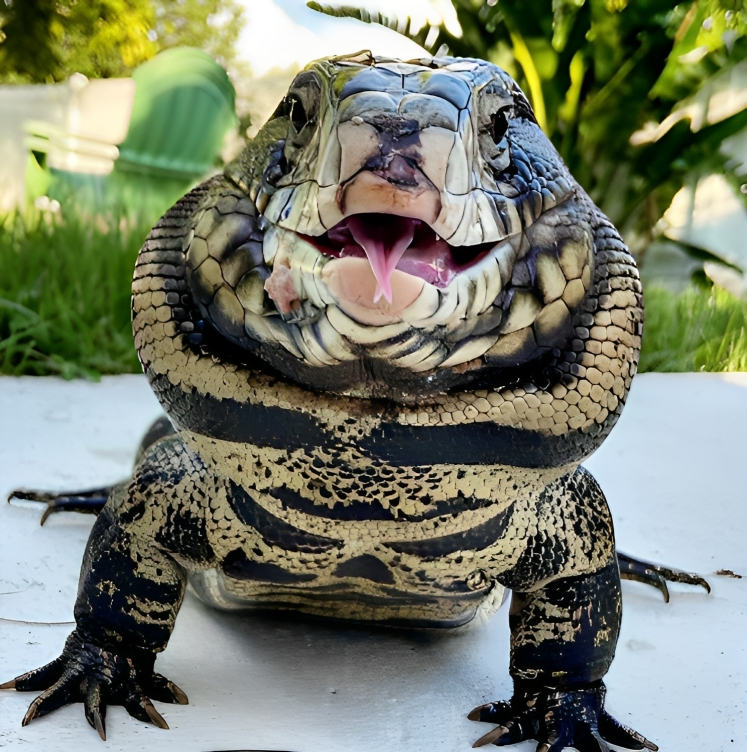
Tegus are not the only animals who have had wild populations affected by irresponsible pet owners, either. Alligators are another animal that have been sold as pets when they’re babies, and subsequently released into the wild once they reach unmanageable sizes. It’s become such a problem that there’s even an urban legend about alligators in city sewers.
Government Interference
The South Carolinian government is doing everything they can to stomp out this issue before it becomes even more widespread than it is. Thankfully, due to the large size of Tegus, it’s difficult for them to hide, except in the wintertime. During the cold months, they engage in a behavior known as brumation, where they become dormant and only wake to drink water.
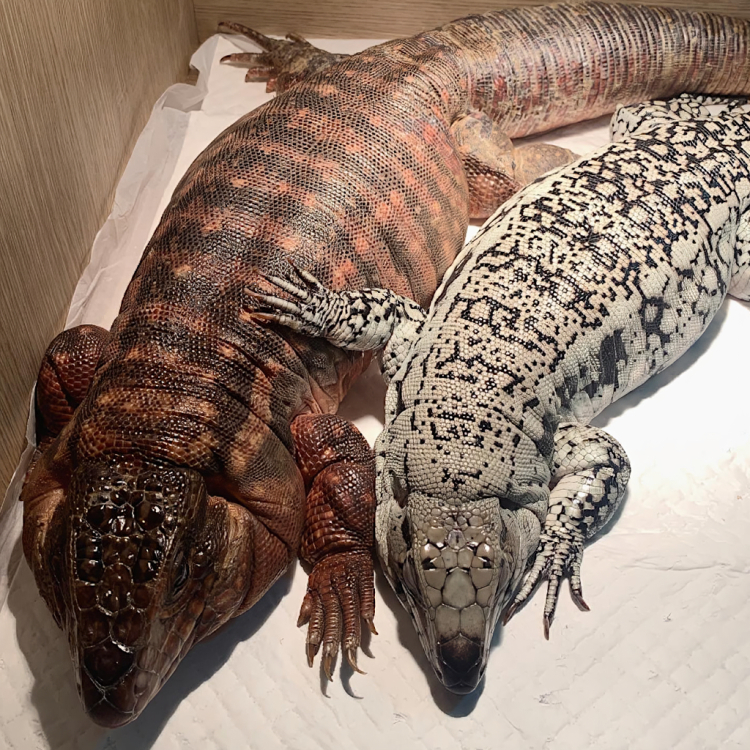
South Carolinian wildlife authorities have assured citizens that they’re keeping a close eye on the problem, which is plenty of assurance for some, and not nearly enough for others. This fascinating situation is ongoing, and definitely one to keep an eye on.

